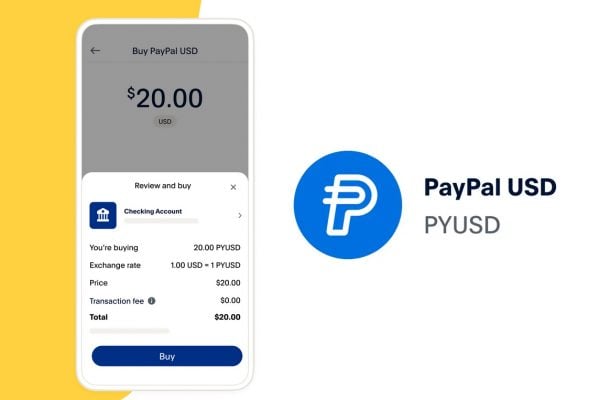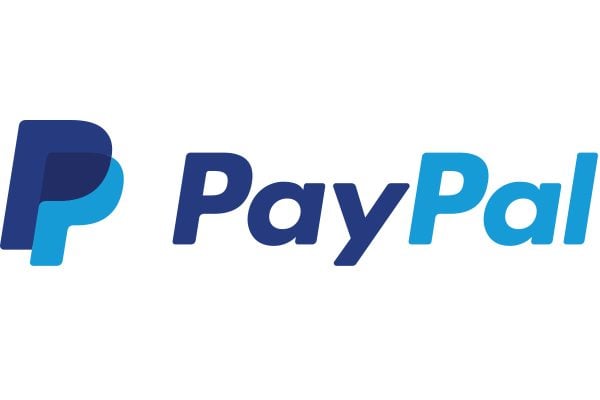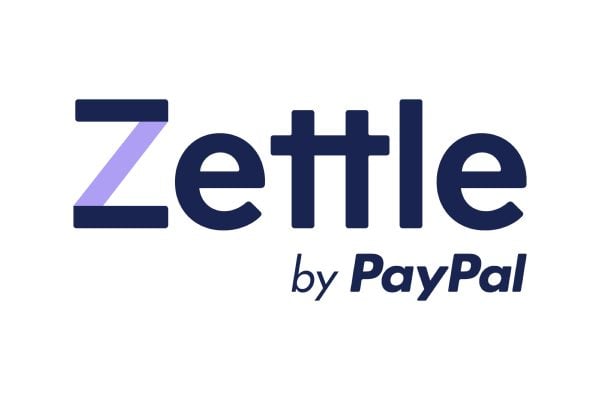 MEPs voted this week in favour of a cap for card payment charges that retailers pay, 0.2% for debit cards and 0.3% for credit cards.
MEPs voted this week in favour of a cap for card payment charges that retailers pay, 0.2% for debit cards and 0.3% for credit cards.
Generally the idea is that retailers will save money and will pass these savings on to consumers. Critics point out that in reality retailers are unlikely to adjust prices downwards (most retailers don’t surcharge for card payments so why would they reduce prices?) and that it could in the future result in a rise in bank charges to consumers.
A Tamebay reader asks “How does Paypal compare with this?”, so we asked PayPal.
PayPal told us that the “European Union’s regulation of Multilateral Interchange Fees (MIF) does not apply to PayPal as we are not an inter-bank card scheme and the fees PayPal charges businesses are not interchange fees”. They also reminded us that unlike card schemes, PayPal is more than just moving money:
- PayPal enables UK customers to shop not just with debit and credit card, but also bank transfer, PayPal balance and PayPal Credit.
- Buyers prefer PayPal – we have 20 million active accounts in the UK alone and 162 million globally. We’re the preferred online payment method in Great Britain for adults aged 25-44.
- PayPal makes it much easier for people to shop and pay on a mobile phone (as well as other devices). No need to enter card numbers on that small screen!
- PayPal also makes it much easier to sell to buyers in other countries with different currencies and types of payment (including countries where credit cards are not popular).
- For small and mid-sized merchants, PayPal offers the top rated customer service in the UK. In fact, six in ten UK small businesses prefer PayPal over any other online payments services.
Of course the benefits of PayPal won’t lower their fees for you, although a reminder – if you’ve not already applied for the PayPal merchant rate discounts it’s about time you did! On eBay buyers very much prefer PayPal and I have to admit if it’s offered on a website I invariably do use it rather than enter my card details.
So the real solution is to do exactly the opposite of what the EU intend. Set your prices to take into account PayPal processing fees and if a buyer chooses to pay by debit or credit card bank the savings and thank the EU.










4 Responses
Thanks for that illuminating response from Paypal regarding their fees.
Not surprised they don’t regard themselves as being covered by these latest EU rules. But I wonder how long it will be before Paypal and other similar services have their fees scrutinised by Brussels.
Agree with the need to get the best Merchant rate from Paypal.
If you sell low value items, also consider Micro Payments on Paypal. Transaction fee is only 5p, but the commission % rises to 5%.
If your average sale is under £10 you might benefit from switching.
Thanks again for all the good work on Tamebay.
Thanks for looking into this.
It seems that inter-bank status is the key and how that definition is applied.
For all intense and purposes, Paypal Here does exactly the same at the till point as say World Pay (Streamline):
Customer inputs card into reader and keys in their PIN then the money is paid (minus fee) into the retailers merchant account before being moved to the retailers bank account.
It would be interesting to see if the definitions are tightened up
Lee
Paypal Pro merchants using Paypal to directly process credit cards on their sites would surely fall under the new regulations.
(Surely as in, legally they should but Paypal will screw them over all the same).
This is a load of obfuscation from Paypal. Yes, the new regulations do not apply to basic Paypal transactions, but they do apply to transactions using, for example, Paypal Here, as the regulations cap what Visa and MasterCard can charge Paypal for the transaction, not what the merchant account provider charges the merchant. As a result costs will come down, but Paypal will no doubt be slow to pass those on, just as they were slow to react to the faster banking regulations change. Once a competitor such as iZettle starts cutting their rates Paypal will have to follow suit or risk losing large quantities of Merchants.